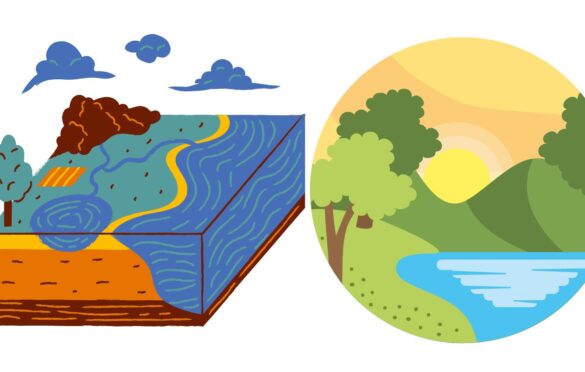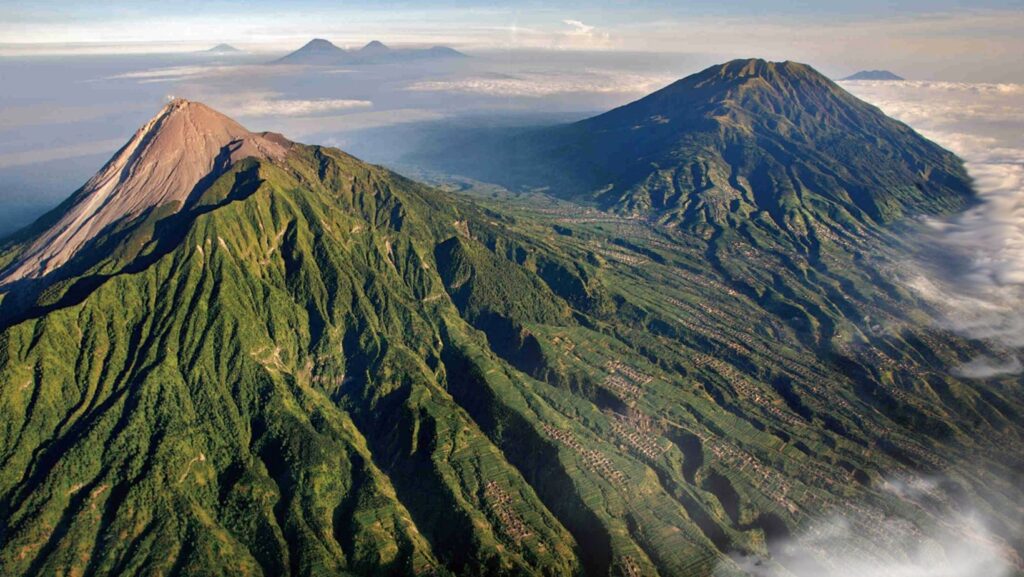The Interconnectedness of Ecology and Geology: Exploring the Relationship between Earth and Life

Ecology and Geology
Ecology and geology are two fields of science that are often seen as distinct and separate from each other. Ecology is the study of living organisms and their interactions with each other and their environment, while geology is the study of the earth and the processes that shape it. However, a closer examination reveals that these two fields are deeply interconnected, and that the relationship between earth and life is much more complex than initially thought.
Geology plays a fundamental role in shaping the environment in which living organisms exist. The geological history of the earth has shaped the physical and chemical properties of the atmosphere, oceans, and land, which in turn have influenced the evolution and distribution of life on earth. The movement of tectonic plates has created mountains and valleys, which have influenced the climate and precipitation patterns that dictate the types of ecosystems that can exist in different regions. The minerals and nutrients found in the earth’s crust are essential for the growth of plants and the survival of animals, and the way in which these resources are distributed and accessed can have a profound impact on the health of ecosystems.

In turn, the living organisms that inhabit the earth have a profound impact on the geological processes that shape the planet. For example, the actions of microorganisms can alter the chemical composition of rocks and soil, and the buildup of organic matter can contribute to the formation of sedimentary rock. Plant roots can break apart rocks and create soil, and the movement of animals can cause erosion and alter the course of rivers. The way in which living organisms interact with their environment can also affect the climate, as plants absorb carbon dioxide and release oxygen, and animals can release methane and other greenhouse gases.
Understanding the interconnectedness of ecology and geology is essential for addressing some of the most pressing environmental challenges facing the world today. Climate change, for example, is a complex phenomenon that is influenced by a wide range of factors, including human activities, geological processes, and biological feedbacks. By understanding the ways in which these factors interact with each other, scientists can develop more effective strategies for mitigating the impacts of climate change and adapting to its effects.

One area where the relationship between ecology and geology is particularly important is in the study of ecosystems. Ecosystems are complex networks of living and non-living components that interact with each other in a variety of ways. By studying the geology of an ecosystem, scientists can gain insights into the physical and chemical properties of the environment, which can help them understand the distribution and abundance of different species. Similarly, by studying the ecology of an ecosystem, scientists can gain insights into the ways in which living organisms interact with each other and their environment, which can help them understand the ways in which the ecosystem is shaped by these interactions.

In conclusion, the relationship between ecology and geology is complex and multifaceted, and understanding this relationship is essential for addressing some of the most pressing environmental challenges facing the world today. By recognizing the interconnectedness of these two fields of science, we can develop more effective strategies for protecting the health of our planet and the living organisms that inhabit it.
